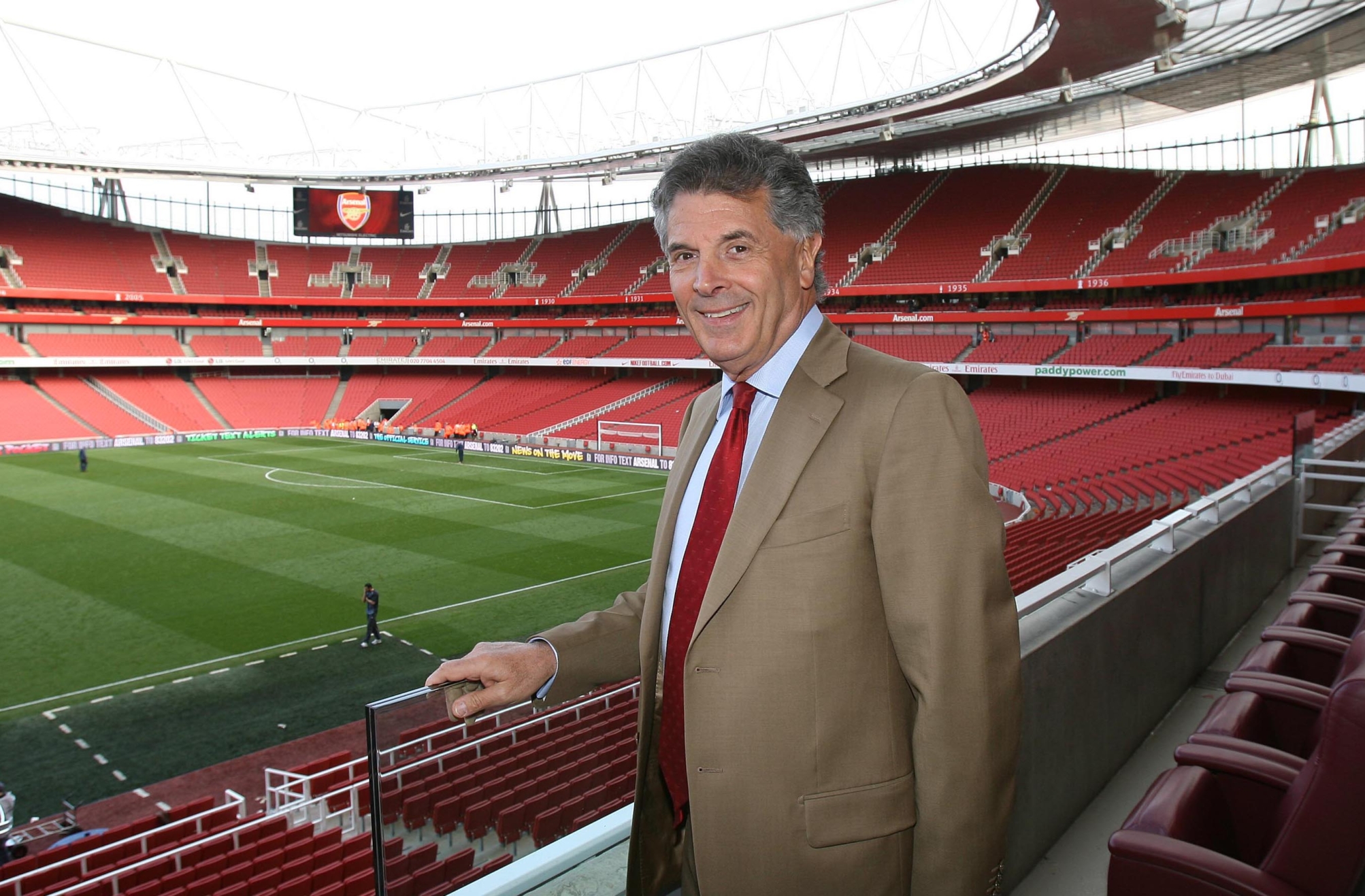“When moving to a non-executive role, things change”
Reflecting on the transition from executive to non-executive roles, David observes that a different approach is needed. “In an executive role, you’re working full-time and the decisions are immediate. The high-paced nature of executive work requires quick thinking and the ability to respond to challenges in real time. Whether it’s managing day-to-day operations or reacting to the next phone call, executives must stay agile,” says David.
“However, when moving to a non-executive role, things change. In advisory roles, you have more time to think things through. It’s not the same level of immediate responsibility.”
He adds, “For someone making the transition into a non-executive or charitable role, it offers a chance to still contribute but with a different kind of influence. Whatever you do, fall in love with it. You’ve got to enjoy the work; it should be a passion, not just for financial reasons.”
This mindset reflects his own approach to his post-Arsenal work, which focuses on creating a meaningful impact.
“Every action I take is about moving forward”
Striving for progress drives David’s professional and personal ventures, including his work with Speakers for Schools, where he delivers motivational talks to young people. “For me, every action I take is about moving forward in a positive direction and adding another brick in the wall.”
His commitment to contributing to society led to his creation of The Twinning Project, an initiative that uses football as a tool for rehabilitation in prisons. The project aims to reduce reoffending by connecting football clubs with local prisons, providing coaching and support to inmates.
“Football resonates with people from all walks of life,” David says, highlighting the success of the project. “The results speak for themselves: better behaviour among prisoners and improved employment prospects for those released.”
However, despite the success, David points out the persistent challenge of funding such initiatives, underscoring the constant struggle for financial support, especially in the charity sector.




